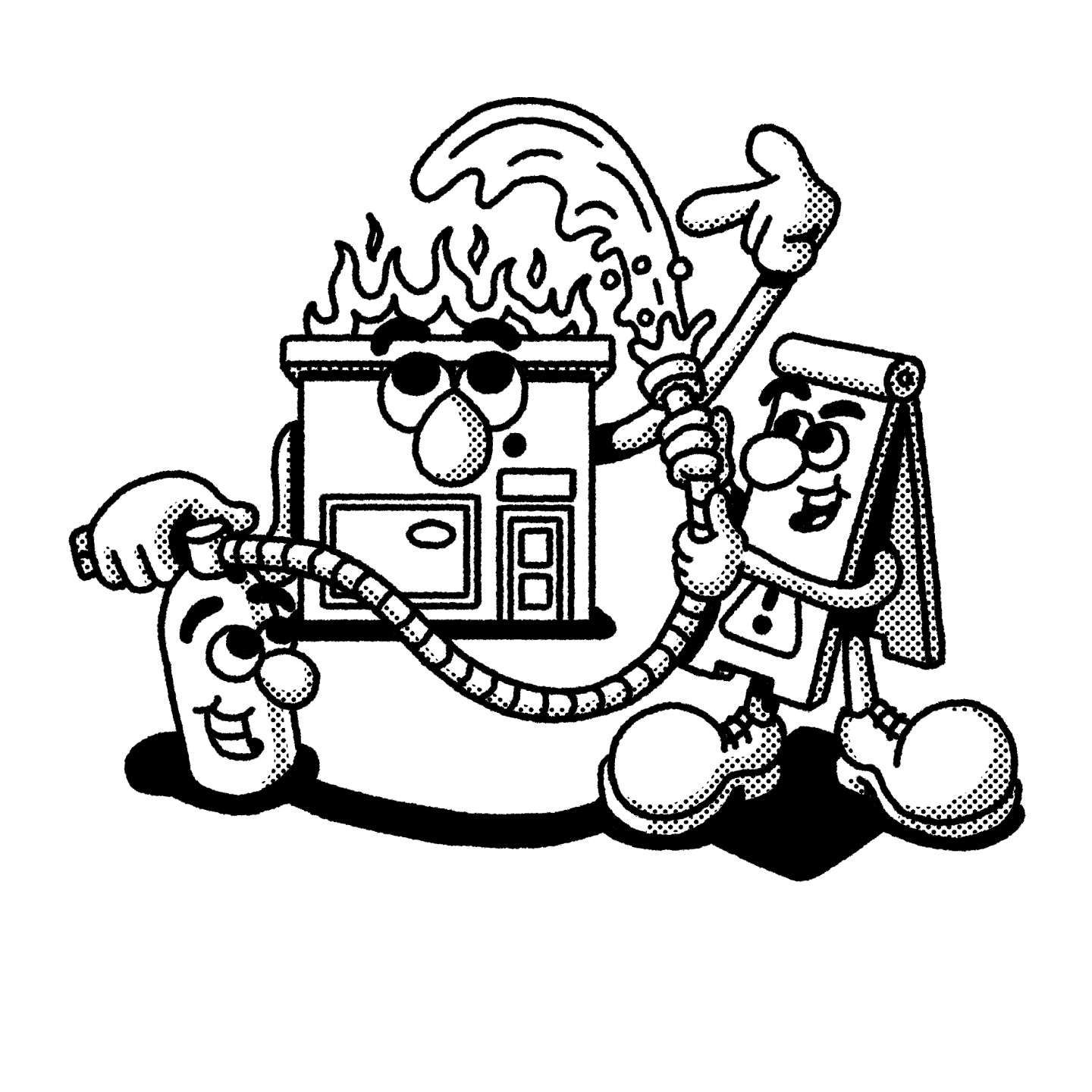When is an insurance appraisal needed?
Insurance appraisals are typically sought when there’s a dispute between you and your insurer regarding the actual cash value, the amount of loss, or the cost of repair or replacement.
Appraisals can often happen in cases involving property damage, such as damage to homes, vehicles, or valuable possessions. They can also apply to commercial insurance claims, so policies like your general liability insurance or commercial property insurance would come into play.
Either you or your insurer can request an appraisal. It’s a tool that helps prevent the need for arbitration, which can be a more costly and time-consuming process.
What happens during the appraisal process?
Here’s what usually happens when an insurance appraisal gets underway:
- Selecting appraisers. Both you and your insurer select your own appraisers who are usually experienced professionals in the relevant field.
- Appraisers agree on an umpire. The appraisers may mutually agree on an umpire — a neutral third party who gets involved if the two appraisers can’t reach an agreement.
- Inspection and evaluation. Each appraiser inspects the damaged property, assesses the loss, and determines the value of the claim based on their expertise and the policy terms.
- Exchanging information. Both appraisers exchange their findings and evaluations. They may also discuss their differences and attempt to reach a mutual agreement. If not, the umpire steps in to make a binding decision.
- Final appraisal amount. The appraisal process concludes when the final appraisal amount is determined. This amount is then binding, meaning you and your insurer have to adhere to it. If either of you disputes it, there are legal options available, including pursuing a lawsuit or arbitration.
What is the difference between insurance appraisal and arbitration?
- An insurance appraisal is performed by a third party to determine the value of the insured item.
- Arbitration is when you and your insurance company disagree on a loss. The arbitrator listens to arguments from both sides, reviews evidence and determines the outcome of the claim. Their final decision is binding.
What should you consider when preparing for an insurance appraisal?
Putting your “best foot forward” is paramount to having a successful appraisal. Try these tips:
- Have all of the necessary information together and organized for the appraiser.
- Include independent estimates to substantiate your claim.
- Provide an account of the item’s state before the cause of the claim happened.
- Help the appraiser understand the extent of the loss.
If there’s a disagreement between you and your insurance company about the value of the insured item, an independent third-party entity can do the appraisal.
How NEXT simplifies small business insurance
We know having the right business insurance is important. We can help provide your small business with just the protection you need. Simply apply online, answer a few questions, and get a custom instant quote in less than 10 minutes. Once you’ve chosen coverage, you can get a certificate of insurance and share it 24/7 via web or app.
If you have questions, our licensed, U.S.-based insurance professionals are ready to help.
Start a free instant quote with NEXT today.


















